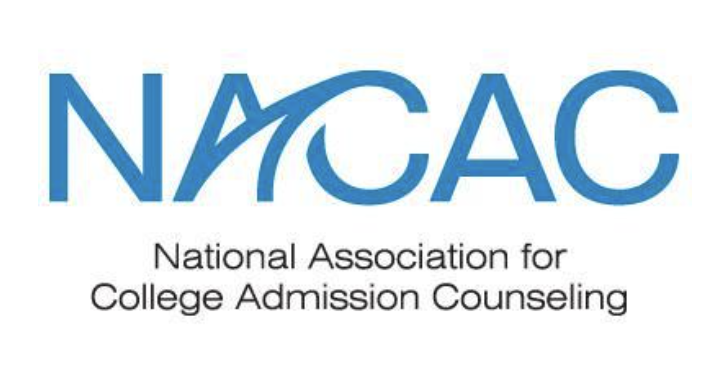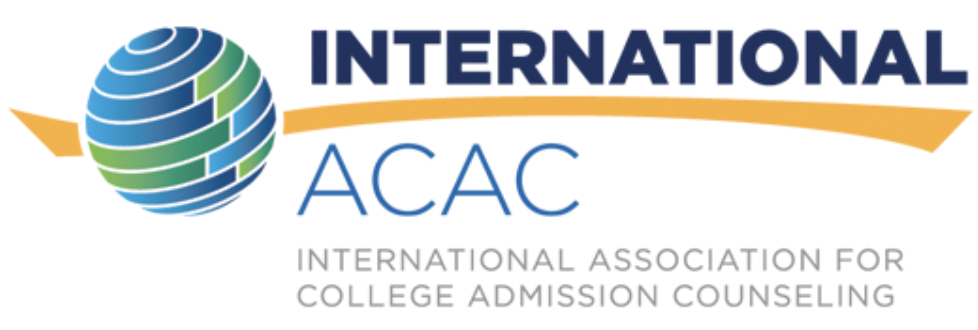"You are the voice of sanity."
- Admission officer, Ivy League University
Good
I entered college with a strong interest in the sciences and the ultimate goal of going to medical school. However, I also had an overwhelming interest in interacting with others and in the study of human behavior, leading me to a major in psychology. Through this dichotomy of study and my integration of both the natural and social sciences in my educational and extracurricular experiences, I have learned the value of having both views as I move forward to pursue a career in medicine.
What does this paragraph tell us about the applicant? She wants to go to medical school ... but of course the very presence of her application is adequate testimony to that fact. She majored in psychology ... although that's on her transcript. She believes that there is value in the study of both the natural and the social sciences ... an idea that few would deny and a claim that does very little to either set her off from other applicants or define her professional direction. This paragraph uses up 500 characters but has only one piece of distinctive information in it — and that piece is pretty bland. The paragraph is, on the whole, a waste of space.
Better
Health comes first. New scientific discoveries in the laboratory are a strong, positive force in patient care, but my career in medicine will combine my passion for science and personal connection. It will allow me to provide patients with both the medical care and emotional support that they need. To heal is not simply to diagnose and prescribe; it is to understand human nature, to use compassion, and to remain hopeful.
This is a little bit better. At least it begins with the claim rather than leading us through redundancies. The tone is more focused and the language is more specific. But we are still only informed of one thing: the applicant thinks that medical care includes emotional support. And what medical board would disagree? In fact, is the applicant taking a risk here in suggesting that doctors in general don't pay attention to their patients' emotional needs? Is her claim presumptuous, perhaps even likely to alienate her readers?
Best
My research internship at Columbia Presbyterian Hospital in New York gave me the chance to transcribe interviews with two groups of cancer patients: one group comprised patients who were regularly seen alone; the other was made up of patients who saw their oncologist in the presence of a companion or relative. Patients with companions asked more questions of their doctors and their conversations were 17% longer than the meetings of doctors and patients alone. My undergraduate psychology degree allowed me to add qualitative factors to this interview study directed by Dr. Sanaz Patel. I am going to medical school so that I can practice medicine with a greater understanding of the best way doctors can deliver information as well as treatment.
This is 500 characters worth reading. We learn how the applicant's internship gave her a chance to use her psychology expertise. The study expanded her view of what doctors do and informed her plan for what she wants to do with a specific focus: how can doctors deliver information more effectively? We feel the credibility here that only facts, events, dates, names, and numbers provide.



